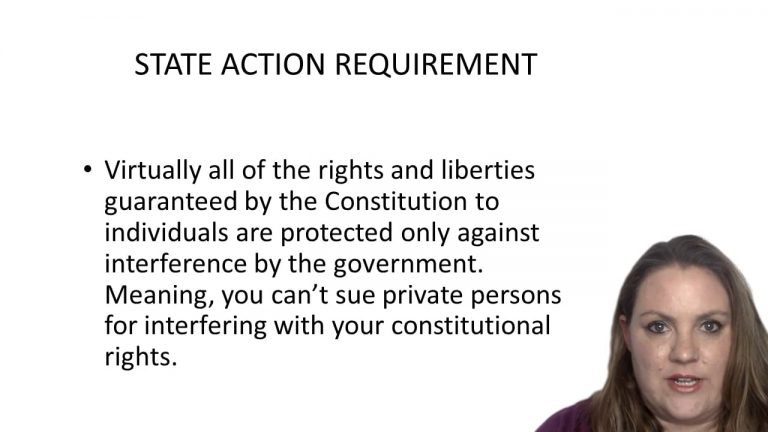SmartBrief
Confirm favorite deletion?
Constitutional Law Keyed to Maggs
United States v. Kahriger
Citation:
345 U.S. 22 (1953)Facts
The occupational tax provisions of the Revenue Act of 1951 levied a tax on persons engaged in the business of accepting wagers, and require such persons to register with the Collector of Internal Revenue. The unconstitutionality of the tax is asserted on two grounds. First, it is said that congress under the pretense of exercising its power to tax has attempted to penalize illegal intrastate gambling through the regulatory features of the Act, and has thus infringed the police power which is reserved to the states. Second, it is urged that the registration provisions of the tax violate the privilege against self-incrimination and are arbitrary and vague, contrary to the guarantees of the Fifth Amendment.
Only StudyBuddy Pro offers the complete Case Brief Anatomy*
Access the most important case brief elements for optimal case understanding.
*Case Brief Anatomy includes: Brief Prologue, Complete Case Brief, Brief Epilogue
- The Brief Prologue provides necessary case brief introductory information and includes:
Topic:
Identifies the topic of law and where this case fits within your course outline.Parties:
Identifies the cast of characters involved in the case.Procedural Posture & History:
Shares the case history with how lower courts have ruled on the matter.Case Key Terms, Acts, Doctrines, etc.:
A case specific Legal Term Dictionary.Case Doctrines, Acts, Statutes, Amendments and Treatises:
Identifies and Defines Legal Authority used in this case.
- The Case Brief is the complete case summarized and authored in the traditional Law School I.R.A.C. format. The Pro case brief includes:
Brief Facts:
A Synopsis of the Facts of the case.Rule of Law:
Identifies the Legal Principle the Court used in deciding the case.Facts:
What are the factual circumstances that gave rise to the civil or criminal case? What is the relationship of the Parties that are involved in the case.Issue(s):
Lists the Questions of Law that are raised by the Facts of the case.Holding:
Shares the Court's answer to the legal questions raised in the issue.Concurring / Dissenting Opinions:
Includes valuable concurring or dissenting opinions and their key points.Reasoning and Analysis:
Identifies the chain of argument(s) which led the judges to rule as they did.
- The Brief Prologue closes the case brief with important forward-looking discussion and includes:
Policy:
Identifies the Policy if any that has been established by the case.Court Direction:
Shares where the Court went from here for this case.
Topic Resources
Topic Outline
Topic Refresher Course
Topic Charts & Notes 

 8m 59s
8m 59s